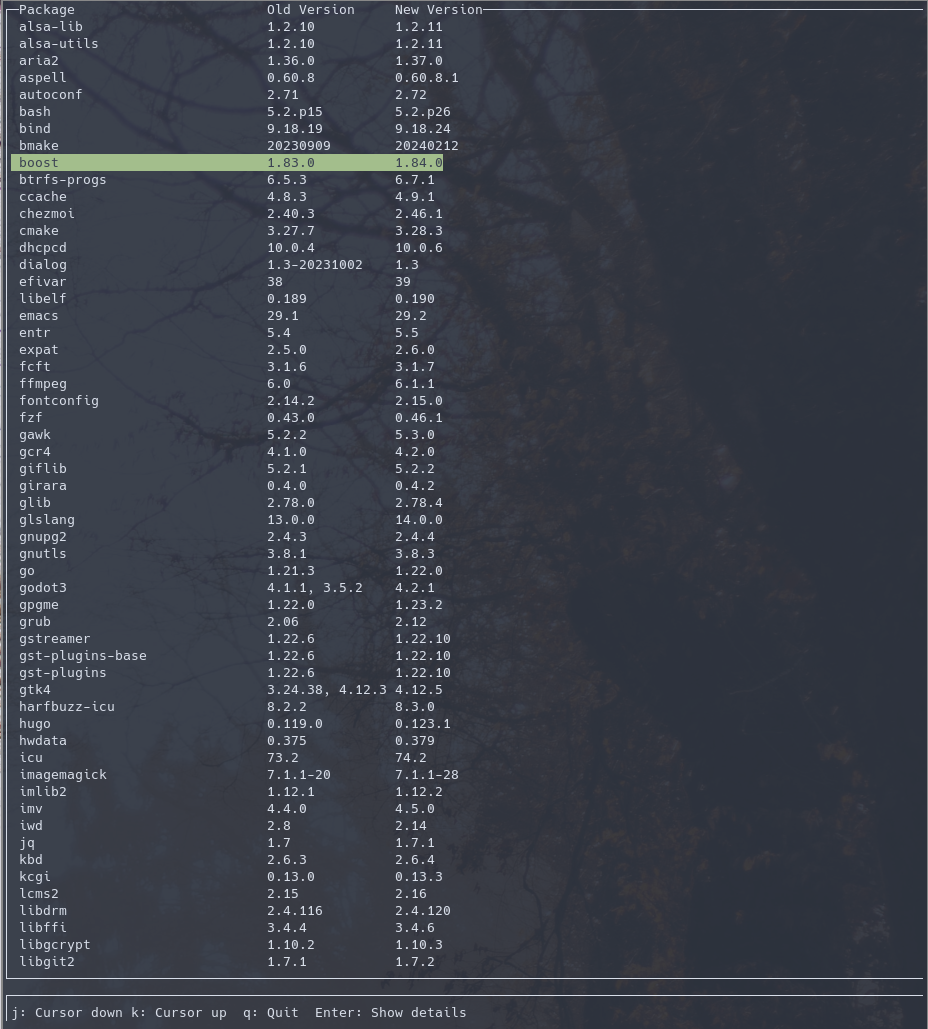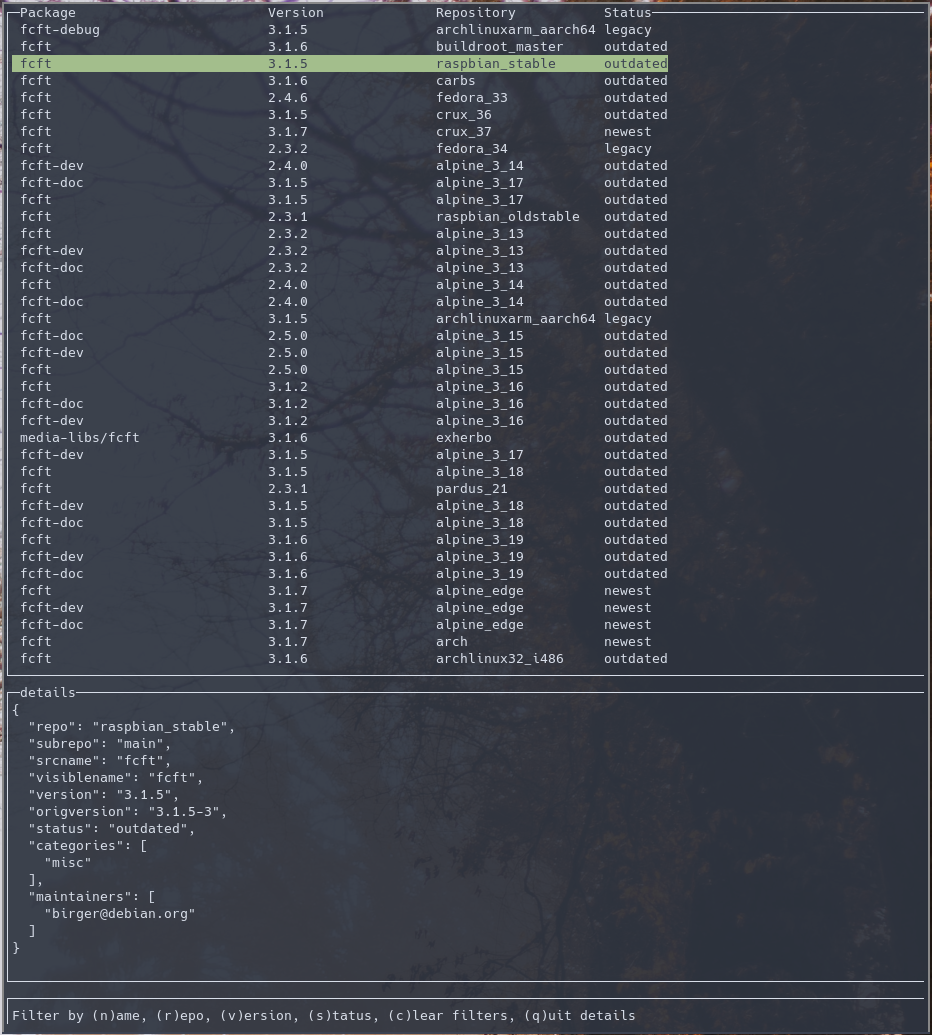IS CARBS DEAD? (Or February 2024 News Post)
posted on Feb 22, 2024
Every once in a while (maybe like once a month) I check the IRC logs and see someone asking for help while I was not available. Unfortunately, the amount of outdated packages are rising, 125 at the time of writing this post, which inadvertently causes issues for people trying to setup or maintain Carbs installations.
I have just recently seen two messages that were posted on the IRC channel a couple of days ago asking if Carbs was still maintained so I decided to make a post addressing the state in hand.
Is Carbs Dead?
I am fully aware that I haven't been doing a proper job as the maintainer for the last couple of months so I can really see where the question is coming from. Carbs is not dead, but it would be quite valid to say that it is in a comatose state. I have been spending these last months focusing mainly on my university, and doing that, I even missed the 4th anniversary of Carbs, and forgot to make a post as I usually had done.
However, Carbs is a project that is very dear to my heart, and I still use it personally as my daily system, so I have no intention on killing it any time soon. Still, there is good need for better communication on how my maintenance of the distribution will be moving forward.
Future of the Distribution
I am still working hard on my tasks as a university student. This means that I can only work on the distribution periodically. Luckily, Carbs is a very self-sustainable project and it can be easily updated without the need of a maintainer. However, leaving a distribution unmaintained is rarely healthy for an open-source project, so let's talk about my views on each component that makes Carbs a functioning Linux distribution:
CPT
Apart from the occasional bug fix, performance improvements, and documentation, I don't think CPT needs active maintenance, and I consider it to be feature complete. I haven't made any release over a year, and it's likely that I won't be adding any new features any time soon.
Package Repository
This is in general the tricky part. A user can update packages on their own without the requirement of a maintainer. The Carbs Linux repository is part of Repology, a hub that monitors a very large number of repositories to provide packaging information. Since tracking hundreds of software packages for updates, and issues is near impossible for a person alone without a unified interface, I use Repology API to follow outdated packages on our repository. Any user on the event that I leave the distribution unmaintained, can go to Repology and look for more information on outdated packages to update their own.
I have also written some tools that help me follow these information on my terminal instead of requiring a browser, which I plan on releasing somewhat soon. Here are some screenshots, as a teaser:


This leads to what I believe is the most important part of this post.
Maintainership
I am planning on delegating maintainership for certain parts of the repository. This will start with me orphaning some packages found in the community repository and leaving them for adoption. Packages orphaned for more than a 3 month period will be dropped from the repositories. The dropped packages will be moved to a graveyard repository where someone wanting the package can request to maintain it.
Once the repository back to its usual state, I will also start looking for a second maintainer to help me with overall repository management. If this sounds interesting to you please do reach out to me from my maintainer email (or on Mastodon @cem@mas.to)!
See you on the next post!